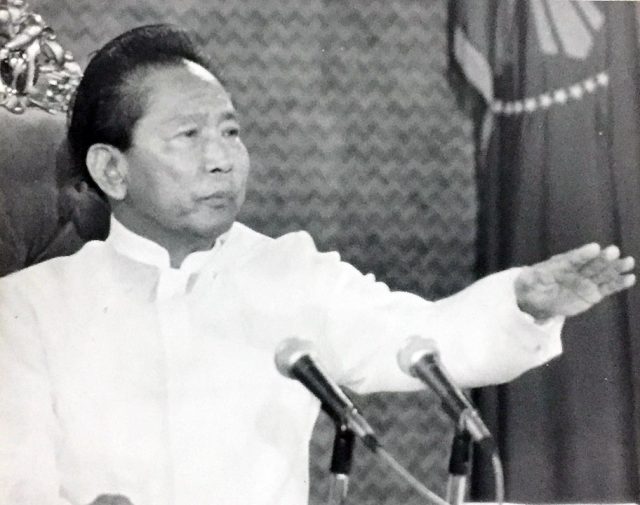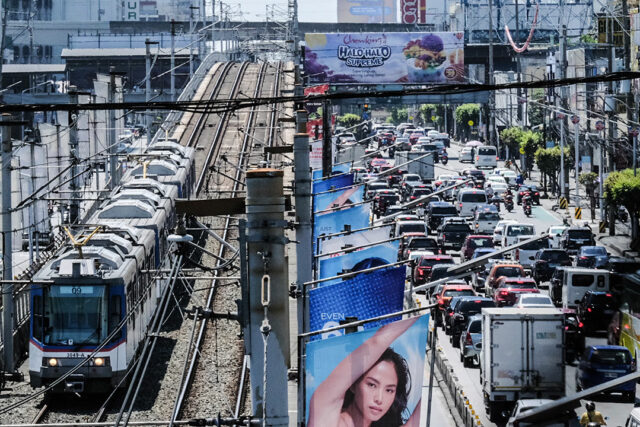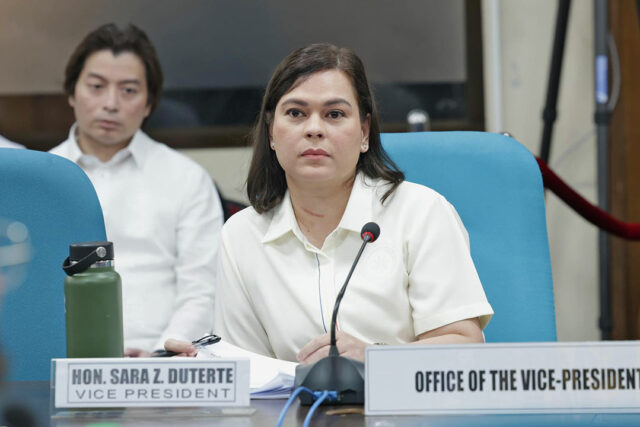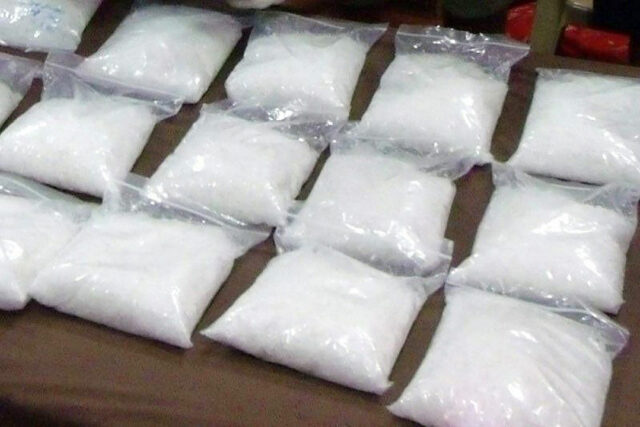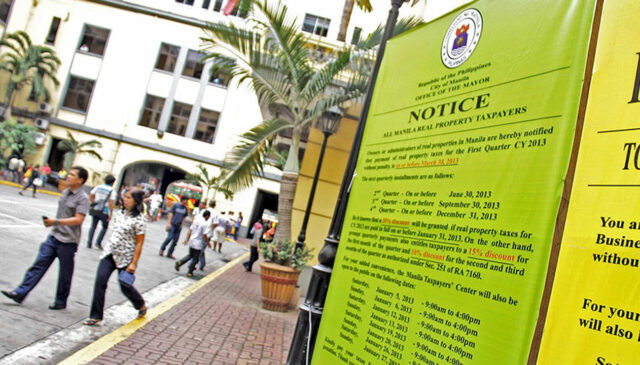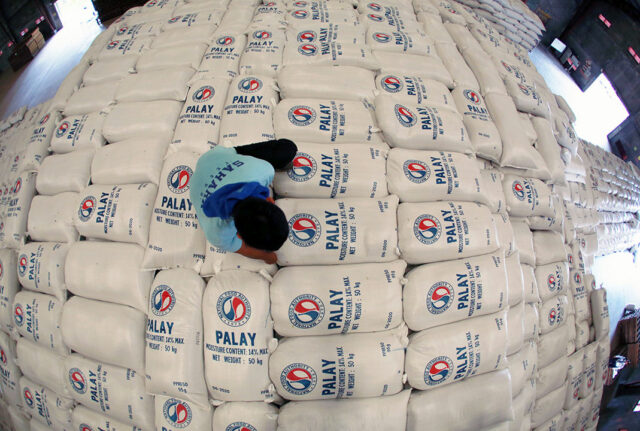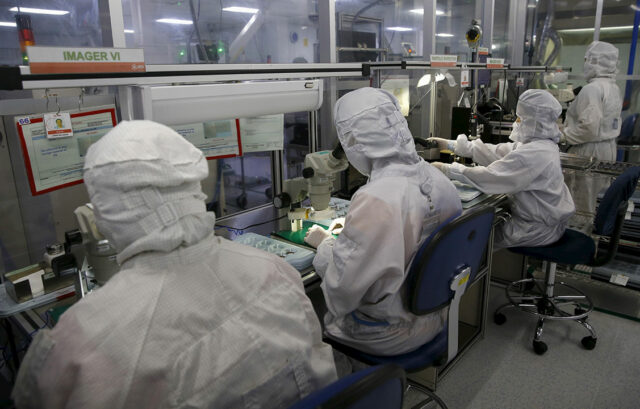Sandiganbayan dismisses ill-gotten wealth lawsuit against Marcoses
By Kenneth Christiane L. Basilio, Reporter
THE PHILIPPINES’ anti-graft court has dismissed an ill-gotten wealth case against the late dictator Ferdinand E. Marcos, Sr. and his wife Imelda due to decades-long inaction by state prosecutors.
In a 12-page resolution dated Feb. 18, the Sandiganbayan Second Division said the Presidential Commission on Good Government (PCGG) had failed to prosecute the Marcoses for a lawsuit seeking the return of vehicles and household appliances alleged to have been bought with ill-gotten wealth.
“There is no question that the plaintiff (PCGG) has failed to prosecute the case for an unreasonable length of time,” according to a copy of the decision written by Presiding Justice Geraldine Faith A. Econg. “Plaintiff’s unexplained inaction for more than four decades warrants the dismissal of the complaints against the defendant Marcos spouses.”
State prosecutors filed their complaint against the Marcoses in July 1987 seeking the return of 21 cars worth about P5 million and household appliances that were alleged to have been unlawfully acquired.
The Sandiganbayan ordered the forfeiture of the vehicles and appliances to the PCGG in 1989, but this was overturned three years later after Imelda R. Marcos, wife of Mr. Marcos, said in a motion they were not able to respond to the ill-gotten wealth allegations since they had been in exile in the US.
Government prosecutors challenged the anti-graft court’s reversal order in 1992 by lodging petitions before it and the Supreme Court. The motions were quashed in 1993 and 1994, citing Mrs. Marcos’ “meritorious” plea.
“Decades passed and the status of the proceedings was left unsettled. Hence, on Jan. 21, 2025, a case conference was scheduled by the court to put the present complaint to close,” the anti-graft court said.
PCGG lawyers did not object to the termination of the case since they had recovered the assets due to the court’s earlier forfeiture order.
“Even with the partial satisfaction of the writ of execution, there remains an unresolved issue left for adjudication, and a concomitant duty of the plaintiff as a claiming party to prosecute the same,” the court said.
“So viewed, the dismissal of the instant complaint against defendant Marcos spouses for actual, moral, temperate, nominal and exemplary damages and attorney’s fees is proper,” it added.
The late dictator, the father and namesake of the current Philippine President, served as president for two-decades, during which he stole as much as $10 billion (P581 billion) from the Filipino people, according to PCGG estimates.
Government prosecutors tried to go after the ill-gotten wealth of the Marcoses after the late dictator was toppled by a popular street uprising in February 1986. The PCGG had recovered about P280 billion of the assets as of 2023, according to the agency’s audit report posted on its website.

